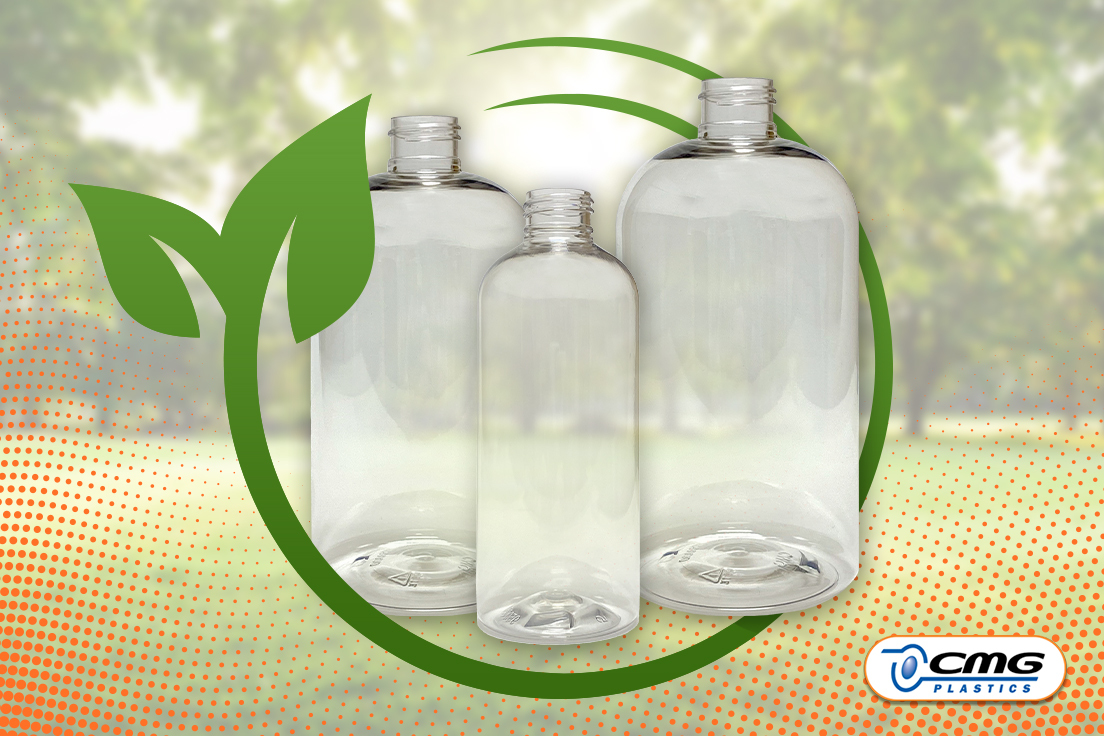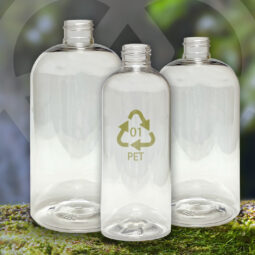
The National Association for PET Container Resources (NAPCOR) recently released a Life Cycle Assessment (LCA) that found PET plastic bottles are “significantly better for the environment” than aluminum cans and glass bottles.
The LCA, a scientific method for evaluating environmental impact completed by the LCA consulting firm Franklin Associates, compared PET plastic, glass and aluminum carbonated soft drink, and still water beverage container systems. The study data was then verified through a rigorous peer review process.
The results were eye-opening.
The study found that PET bottles:
- Produce significantly fewer greenhouse gas emissions.
- Require less energy to produce.
- Create less solid waste, use less water, and produce fewer harmful emissions during production.
Drilling down to specific data comparing 20-ounce PET plastic bottles and 12-ounce aluminum cans, the study found that aluminum creates three times more solid waste, requires three times more energy to produce, has twice the global warming potential, and generates two to three times more harmful emissions than PET plastic.
The comparison is even more stark when comparing 20-ounce PET plastic bottles to 12-ounce glass bottles. In fact, glass creates 14 times more solid waste, requires five times more energy to produce, has five times the global warming potential, and generates seven to 10 times more harmful emissions than PET plastic.
Consider the real-world impact of simple changes in U.S. consumer behavior for one year.
If consumers chose PET plastic bottles instead of glass for soda beverages for one year, it would be the equivalent of keeping 53,000 garbage trucks of waste out of landfills while eliminating the associated greenhouse gas emissions.
Similarly, if consumers chose PET plastic bottles over aluminum cans, it would be the same as saving 4.4 billion liters of water, taking 688,000 gas-powered cars off the road, and recycling 138 million bags of trash instead of sending it to landfills.
The science behind this study helps to debunk common myths and misconceptions about the sustainability of PET plastic bottles, which have significant environmental advantages over glass and aluminum.
To read the NAPCOR report in its entirety, click here.
If you’d like to discuss how CMG can develop PET plastic containers for your products that meet your sustainability requirements, contact us today to schedule a consultation.



